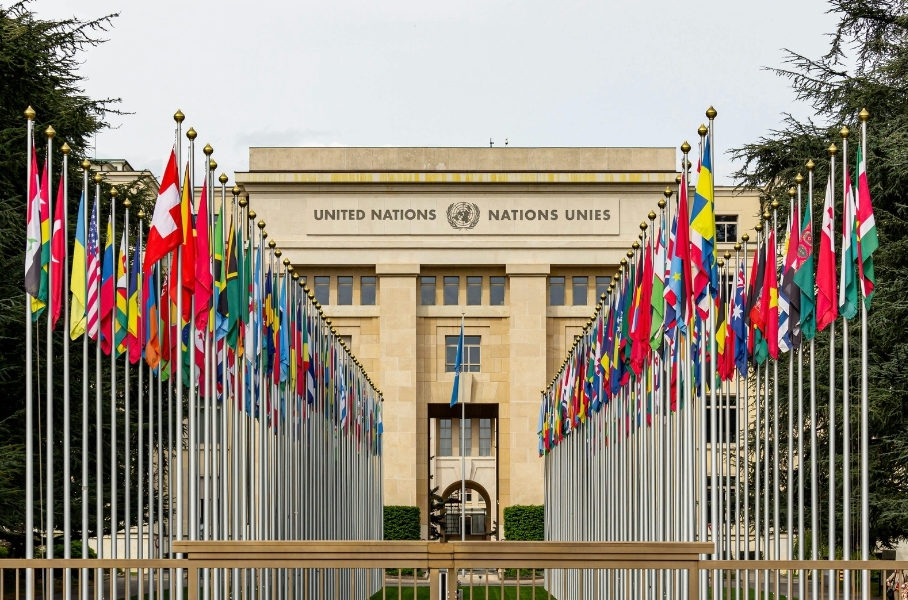
How to Manage Remote Research as a High School Student
Posted August 11, 2023, 1:36 pm by
University admissions committees have started looking for academic research as part of a competitive admissions portfolio. Why? Most likely because it demonstrates critical reasoning, teamwork, and technical communications skills.
No matter what the reason, this criterion has put pressure on high school students to seek out lab positions, only to discover that these positions are scarce and highly sought after. A remote research position is an alternative.
According to a recent article in The Chronicle of Higher Education, about 12,000 students per year spend between $1000 and $10,000 to participate in remote research. With those sorts of price tags, how can you make sure it is worth it? Here’s a few things to consider.
1. Find the Right Mentor
You want a mentor who is experienced, knowledgeable and can really help your career move forward. The easiest way to ensure this is to work with a Professor - with a capital “P.” There are many titles at universities but anyone who has achieved the rank of Assistant Professor, Associate Professor or Professor (aka “Full” Professor) has the skills and abilities you are looking for.
Watch out for mentors with titles like professor (no capital “P”), PhD student, or PhD candidate. While these can be great members of your network, Professors will have worked with thousands of students, written hundreds of letters of recommendation and can pick up the phone and talk to their friends and colleagues at universities across the country, on your behalf.
2. Decide if you want to work in a short-term or long-term program.
Introductory programs typically last from eight to twelve weeks. No matter what the programs are called, these short-term programs can only cover the first two steps of research: question identification and literature review. In-depth programs will last one or two years and can complete the rest of the steps of research: methods generation, original data gathering, analysis, and publication.
Publication is a step that is worth careful consideration. A scientific publication relating an in-depth experience can be a powerful element in a college application. But a misrepresented publication can terminate a university’s consideration of your portfolio.
As mentioned in The Chronicle article, not all publications are created equal. A valued scientific publication appears in a peer-reviewed, archived, impact-factor rated, and international journal. It would not appear in a junior science or private label journal and not as a pre-print. Universities will know. Don’t misrepresent these types of articles as scientific publications.
Unfortunately, it can be difficult to determine the best journal for your work. A mentor who is a Professor is your best guide. Otherwise, look for journals that appeared in your literature review and journals that are archived in databases like PubMed.
3. Add it to your resume, correctly.
Finally, when referring to a remote research experience in a CV or college application, it is important to refer to the experience, not how you obtained the experience. So, an extracurricular activity like “Laboratory Assistant to Dr. Smith at The University” is appropriate. Adding that an agency helped identify this laboratory would not; as mentioning a placement agency can bring forward a pay-to-play aspect that only distracts from your work.
It can be complicated and confusing to navigate the world of on-line research. The most important thing to keep in mind is that mentorship matters more than topic. Select a deeply experienced mentor. While in-depth programs are always preferred, an introductory program can be a great place to get started. Finally, you can publish anywhere but match the journal selection to the work and carefully claim the nature of the scientific publication.
Blog Categories
- Career Advice
- College Admissions
- Colleges & Universities
- Financial Aid and Scholarships
- For Counselors
- For Parents
- For Students
- Gap Years
- Mental Health and Wellness
- Online Learning
- Performing and Visual Arts
- STEM Majors and More
- Summer Programs
- Teen Volunteering
- Trade & Vocational Schools
- Tutoring & Test Prep

Organization with listings on TeenLife? Login here
Register for Free
We’re here to help you find your best-fit teen-centered academic and enrichment opportunities.
Forgot Password
"*" indicates required fields








